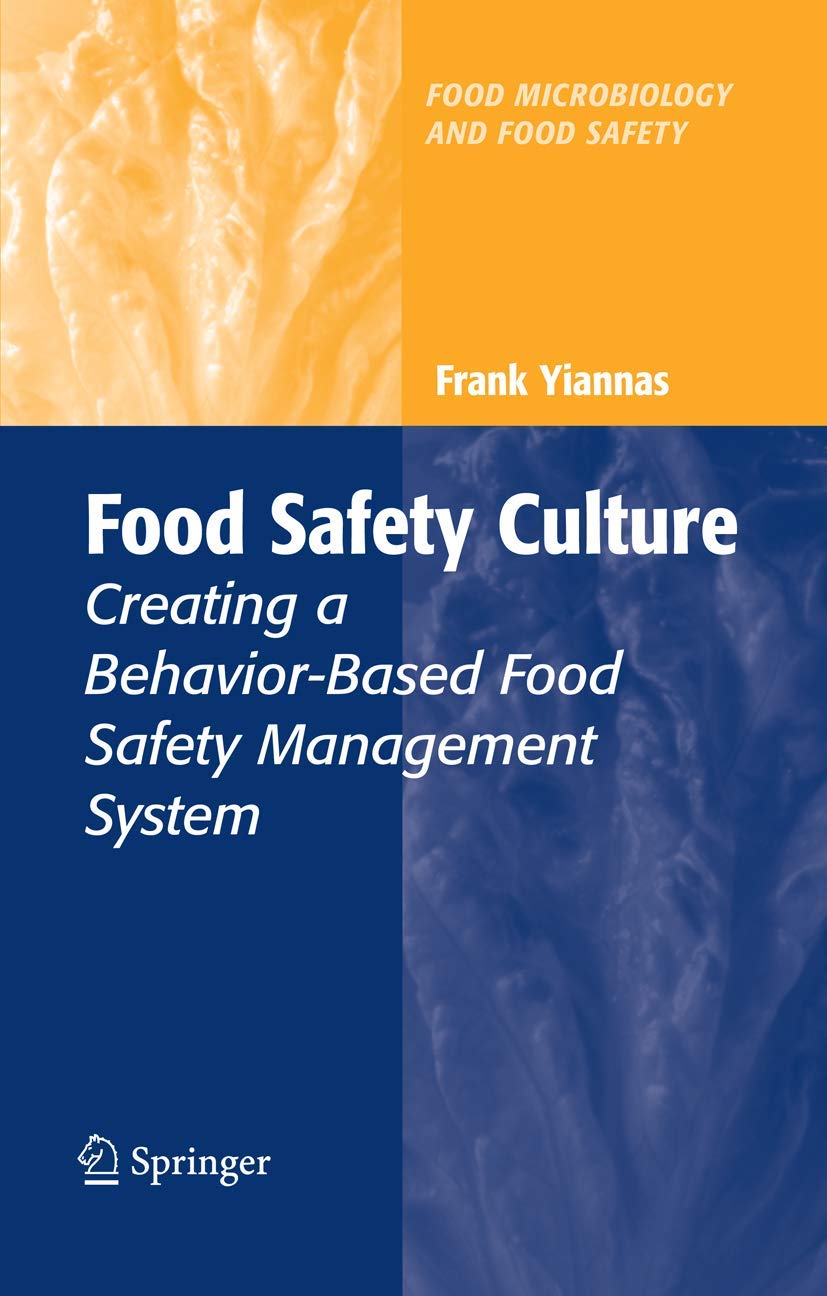Nigerian Food Export Rejections
Cracking the Code: Why Nigerian Food Export Rejections Are Soaring
Nigerian Food Export Rejections are a growing concern as the Director General of NAFDAC highlights the issues surrounding non-compliance with safety guidelines and sanitary measures in the export of Nigerian food products.
“Nigerian Food Export Rejections: Beyond the Surface”
In the bustling world of international trade, Nigeria has faced a daunting challenge – the rejection of its food products abroad. The Director General of the National Agency for Food and Drug Administration and Control (NAFDAC), Mojisola Adeyeye, has shed light on the root causes of this issue, with a particular focus on the United Kingdom (UK). While non-compliance with advisory guidelines and minimal sanitary measures are at the forefront of the problem, let's dive deeper into the complexities and potential solutions surrounding Nigerian food exports.
The Unveiling of Challenges
As Nigeria seeks to expand its food export market, the challenges that have plagued the process have become more apparent. The Director General highlighted that the safety and quality status of food exports in Nigeria are compromised due to non-compliance with NAFDAC's advisory guidelines. These guidelines are designed to promote safer and higher-quality food exports, but their adherence remains a challenge. In essence, a lack of participatory exports and statutory testing by NAFDAC further compounds the issue.
It's a critical moment for Nigerian exporters, as the rejection of their products not only impacts the nation's economy but also puts pressure on the trading partners. The rejection rate of over 70% of food exports from Nigeria is a concerning statistic, and it's a matter that needs immediate attention.
A New Path Forward
In response to these challenges, NAFDAC is taking a proactive stance. Adeyeye mentioned that the agency is engaging with the UK Food Standard Agency (FSA) to address the issues surrounding food rejection. A scheduled side event with the FSA serves as a platform for constructive dialogue. This cooperation is essential to change the narrative of rejection that has marred Nigerian food exports.
Mutual recognition of electronic certification between government agencies is another key aspect of the solution. By aligning certification processes and standards, the export of Nigerian food products can regain trust and acceptance in international markets.
Beyond Certification: A Change in Perspective
While certification is a critical step, it's also important to examine the broader perspective. The rejection of Nigerian food products abroad is not just a matter of regulatory compliance but is often influenced by market perception. Building trust in Nigerian food products is as important as adhering to guidelines.
Nigeria's vibrant culture and diverse culinary traditions hold the potential for unique and appealing food products that can captivate international markets. Highlighting the cultural significance of these products and their contribution to global gastronomy can create a distinct image that appeals to consumers.
Join the Conversation
The challenge of Nigerian food product rejection is a multi-faceted issue that requires collective efforts. We invite you, our readers, to join the conversation. What are your thoughts on the rejection of Nigerian food products abroad? Do you have any ideas or experiences to share that can help address this issue?
We believe that by fostering a public discussion, we can find innovative solutions to this complex problem. Your insights and suggestions could play a pivotal role in ensuring that Nigerian food products not only meet international standards but also become sought-after commodities in the global market.
As we strive to bolster the nation's economy through successful food exports, your engagement and collaboration are essential. Let's work together to pave the way for a brighter future in the international food market.
Cracking the Code: Why Nigerian Food Export Rejections Are Soaring
Are you concerned about the safety of food exports from Nigeria? The recent reports of rejected food products are alarming, and the need for assurance in the quality and safety of these exports is undeniable.
In this article, we've delved into the reasons behind the rejection of Nigerian food products abroad, primarily in the United Kingdom. Non-compliance with advisory guidelines and minimal sanitary measures has been identified as a major issue. Many food products are exported without undergoing the necessary testing and quality control by NAFDAC, which is a crucial step in ensuring their safety.
However, there is hope on the horizon. The National Agency for Food and Drug Administration and Control (NAFDAC) is taking steps to address these challenges. Following discussions with the UK Food Standard Agency (FSA), NAFDAC is implementing six regulatory measures to improve the situation. It's essential for every patriot exporting NAFDAC-regulated products to adhere to these measures and ensure the safety and quality of their goods.
By addressing these issues and working together, we can prevent the colossal economic losses resulting from the rejection of non-compliant exports. Our collective efforts can lead to a safer, more reliable, and accountable export process for food products from Nigeria.
Stay with us as we explore further insights into this matter and offer solutions for a brighter future in the food export industry.
Shop Products On Amazon
Products From Amazon
Shop Products on Ebay
Trending Similar Stories in the News
Why Nigerian foods are rejected abroad — NAFDAC - Punch Newspapers
October 17, 2023 - Punch NewspapersWhy Nigerian foods are rejected abroad — NAFDAC Punch Newspapers...
Nigeria's Forex Crises: Export Drive Strategy As Panacea - thewill news media
October 15, 2023 - thewill news mediaNigeria's Forex Crises: Export Drive Strategy As Panacea thewill news media...
Trending Videos of Nigerian Food Export Rejections
Encouraging Zero Rejection of Exports
To maximally harness the benefits inherent in exports, it is of utmost necessity that international standards and quality are put into ...
Instilling Global Quality Standards in Regulated Products Export
The roles NAFDAC play in the exportation of regulated products.
Similar Posts, Popular Now
Ogun State Palliatives Distribution Controversy: Unmasking the Truth Behind the Viral Video
Central Bank Policies: New CBN Governor Shakes Up Nigeria's Financial Landscape
PDP National Secretary Controversy Unveiled: Wike's Bold Stand Shakes Party Leadership
Unmasking the $1 Billion African Surveillance Tech Dilemma: Human Rights Under Threat
Cocoa Crisis in Nigeria: Merchants Battle Cocoa Shortage in a Race for Survival
























